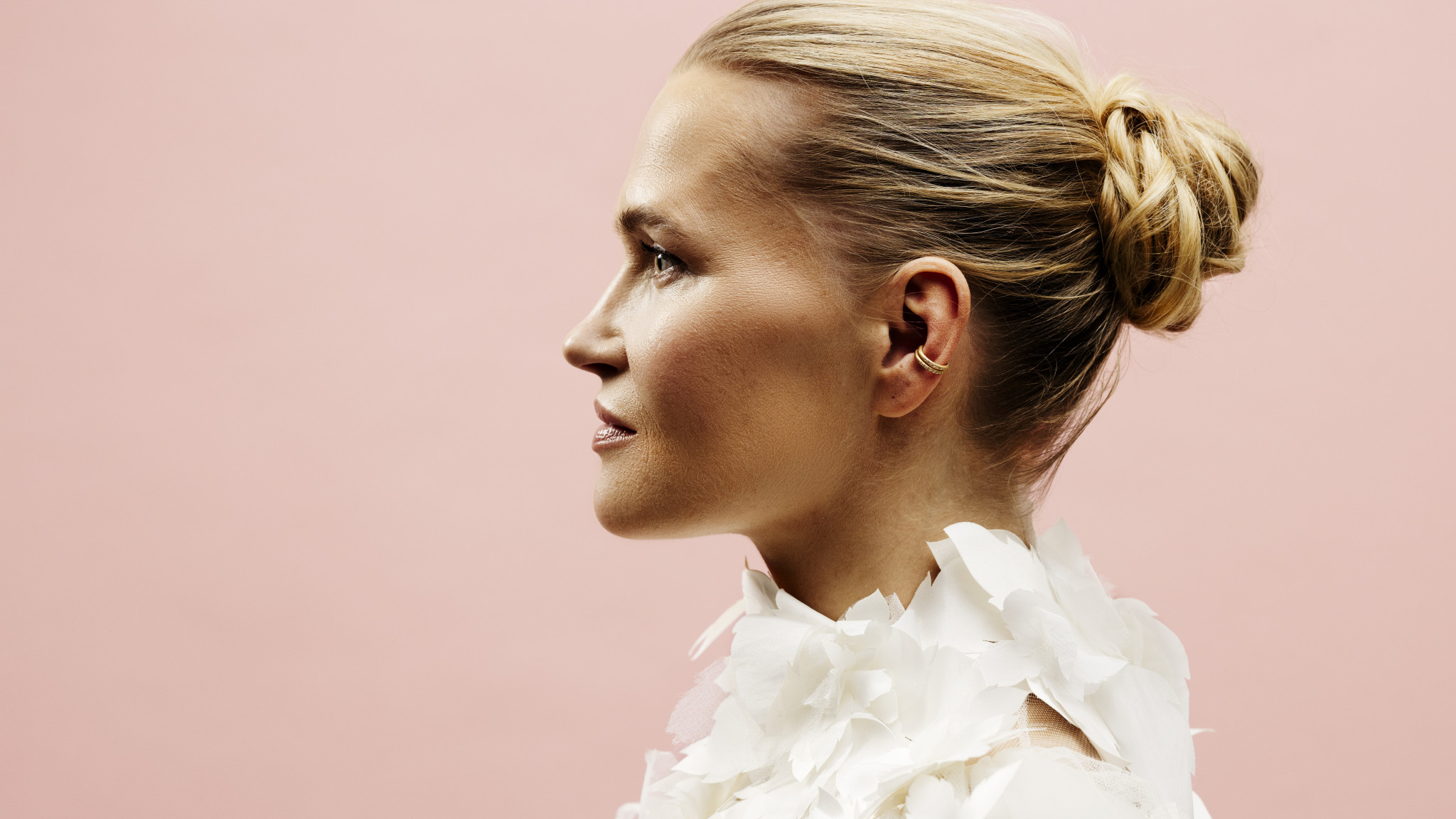“I don’t really feel part of the core traditional music world,” muses Mari Samuelsen, sipping a cup of tea in the courtyard of a hip Berlin hotel. “I feel that it doesn't really involve us as regular humans on the street. Even the traditional concert hall set-up often feels distant from the audience. I remember thinking as a young student in Zürich, as part of this extremely elite class of around 10-15 students that were all practising so hard and travelling the world to win competitions, how we will ultimately all be going out into the world performing the same stuff—the same Mendelssohns, the same Tchaikovskys… it made me realise that I want to do something else.”
On the face of it, Samuelsen’s musical career has a classic trajectory. She started playing violin at the age of three, studied under Arve Tellefsen and Stephan Barratt-Due in Norway, then spent another decade with Russian Zakhar Bron in Zürich (with whom she says she enjoyed a “fantastic chemistry”). But after performing and touring for some time with her cellist brother, Håkon, a turning point came when they used some scholarship funding to commission legendary composer James Horner (Titanic, Aliens, Avatar) to write a double concerto for violin and cello; the result was the celebrated 30-minute Pas de Deux, which the duo premiered in 2014.
Since then, Samuelsen has kept one foot in her classical education but another firmly in the world of new music, working with contemporary composers such as Max Richter, electronic artists such as Jeff Mills and Dubfire, and playing festival stages at Bluedot (UK), All Together Now (Ireland) and Montreux Jazz Festival. For her 2019 debut album, Mari, she played works by Bach but also Brian Eno and Philip Glass, while 2022’s LYS featured works by thirteen female composers, including Caroline Shaw, Hildur Guðnadóttir, Hannah Peel, and Meredi. Her new album, LIFE, sees her interpreting the likes of Jóhann Jóhannsson, Max Richter, Hania Rani, Nils Frahm, Ludovico Einaudi and Bryce Dessner; the title is a reflection—and celebration—of her brand new role as a parent.
“Two years ago, as we were entering the pandemic, I was releasing an album and giving concerts as normal; now, on the other side of that, I find myself with two children,” she laughs. “I have one that’s almost two and another that’s just five months old. It is both overwhelming and fantastic.” Fans can be forgiven for being surprised at this news: Mari was still performing two weeks before her first child was born and she was back on stage four months later. Three months after that she found herself pregnant again.
“It’s in my nature to always go the extra mile,” she says. “I like to push limits. I didn’t want to just stop everything, and of course as a musician whose career depends on practising, releasing and performing, it’s difficult to stop for too long anyway. I also like to be busy and never want to be away from music for too long, as I don’t want to lose the feeling for it that I’ve worked so hard all my life to cultivate. I have to say, I am blessed to have given birth in a privileged country such as Norway and to have a great support team around me in the shape of my husband and family. That has reduced a lot of the stress that can come with pregnancy and early parenthood. I honestly don’t know how single parents do it. Hats off to them, seriously!”
LIFE, recorded during the third trimester of Mari’s second baby, opens with a sweeping take on Jóhann Jóhannsson’s bucolic The Theory of Everything (arranged for solo violin and ensemble by Max Knoth) and moves through an impressive range of moods, spanning Olivia Belli’s uplifting Sapias (written specifically for the album), Mário Laginha’s Coisas da Terra (featuring pianist Julien Quentin), Steve Reich’s Duet, played with fellow violinist Soyoung Yoon. Perhaps the biggest contrast is between Bryce Dessner’s turbulent Aheym and a peaceful segment from Schubert’s Trout Quintet.
“The idea for LIFE came when I was about to have my first child,” explains Mari. “It was very natural for me as a musician to explore this theme. We contemplated an album of lullabies but I wanted more than just a set of songs to get a baby to sleep. I wanted to capture the broader spectrum of what motherhood is, the gentleness but also the tantrums, and the feeling of wonder you get when your child opens its eyes in the morning and you’re met with this kind of purity, with no preconceived ideas about life or the world. I wanted to explore the theme from the child’s perspective, as well as the meeting point between parent and child, and the Schubert piece is a flashback to my own childhood—to growing up on our farm in Norway, which overlooked a lake and had some woods out back that we played in. It’s of course a very personal album, but they all are. Music, for me, has always been about conversation, dialogue, and how we tell stories. Do we want to hold a speech, or do we want to invite listeners into a dialogue and talk to them at eye level?”
LIFE is out now and you can catch Mari performing live around Europe.
by Paul Sullivan

